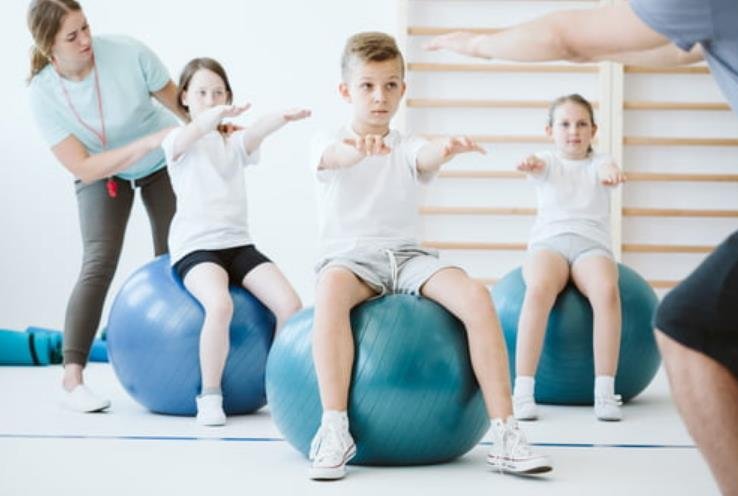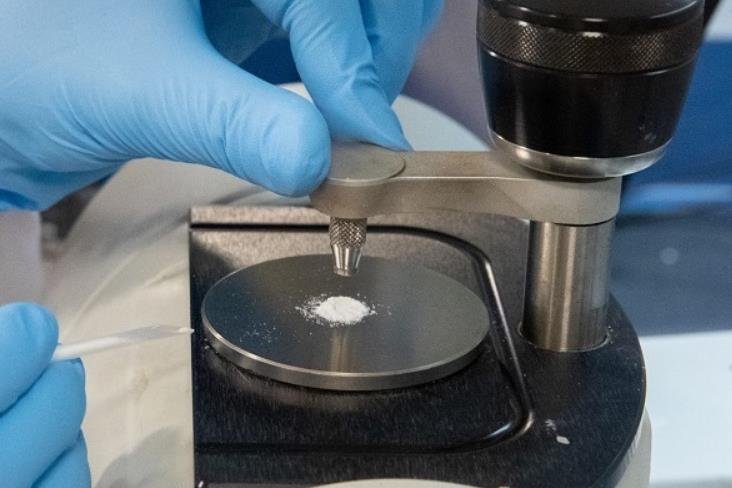Nursing is not just about the cognitive skills of the nurse, but it also encompasses the psychomotor skills that are equally important. The ability to perform various procedures and clinical skills is crucial in the nursing profession. Nurses are required to be competent enough in executing technical aspects of healthcare to ensure optimal patient care. One crucial aspect in this regard is the development of psychomotor skills, which involves integrating cognitive and muscular processes.
These skills play a significant role in the overall execution of the nursing process and patient care management. This article delves into the significance of psychomotor skills in nursing.
Definition of Psychomotor Skills in Nursing
Psychomotor skills refer to physical activity that requires coordination and control involving both the muscular system and neural pathways. In nursing, these skills are developed through repetitive exercises, practice, and experience. The most relevant aspect of psychomotor skills is their involvement in patient care activities, such as administering medications, taking vital signs, dressing wounds, and conducting physical assessments.
Importance of Psychomotor Skills
The significance of psychomotor skills in nursing cannot be overemphasized. These skills are an integral part of the nursing practice, as they dictate the overall quality of patient care. Inadequate psychomotor skills may impair the efficiency of the nursing process, leading to suboptimal healthcare outcomes. A skilled nurse with excellent psychomotor skills can provide safe, quality, and effective patient care.
- Efficient communication with patients
- Accurate monitoring of vital signs
- Timely administration of medications
- Proper documentation of patient data
- Recognize and intervene during emergencies

The Significance of Psychomotor Skills in Nursing: An In-Depth Analysis
Development of Psychomotor Skills
The development of psychomotor skills involves a combination of theoretical instruction and practical experience. Education in nursing schools provides theoretical knowledge and prepares students with the foundation of psychomotor skills. Practical experience, such as simulation and hands-on clinical practice, enhances mechanical skills and requires integration with cognitive skills. The exposure to different healthcare settings and practising under different conditions contributes to honing and developing psychomotor skills.
Strategies to Improve Psychomotor Skills
Improving and refining psychomotor skills is a continuous process for nurses. Multiple strategies help enhance psychomotor skills in nursing. One of the most effective ways is to acquire further education and training. Courses and workshops that provide practical knowledge through simulations, case studies, and hands-on training can help sharpen skills. An individual review of the clinical skills checklist, attending competency fairs, and requesting peer-to-peer coaching can facilitate the continuous development of these skills.
- Participating in workshops and courses for advanced skill development
- Attending Competency fairs
- Peer-to-peer coaching in the workplace
- Reviewing Clinical skills checklist regularly
Challenges in Developing Psychomotor Skills
The development of psychomotor skills in nursing comes with its set of challenges. Factors such as work environment, staffing, and workloads may impact the skills development process. The limited availability of resources and technology may be a barrier to learning advanced skills. Clinical settings with specific populations require specialized training on unique procedures that are not covered in the foundational education.
Importance of Psychomotor Skills in Patient Safety
A nurse with deficient psychomotor skills is a risk for patient safety as the lack of competence to execute critical nursing procedures may lead to medical errors, injuries, and patient harm. Compromised nursing skills reflect negatively on the nursing profession and result in legal and ethical implications.
Ineffective interventions resulting from inadequate psychomotor skills can cause unwanted admissions, increased length of hospitalization, and further patient complications. The importance of honing and refining psychomotor skills on a continuous basis cannot be overstressed.
Conclusion
The psychomotor skills of the nurse are crucial in the overall success of the nursing process. They enhance their competence and provide optimal patient outcomes. Developing and refining these skills is a continuous process that requires theoretical knowledge and practical experience. Strategies such as workshops, peer-to-peer coaching, and competency fairs facilitate the development of these skills. A nurse with suboptimal psychomotor skills can compromise care and patient outcomes, leading to unwanted consequences. To ensure the provision of safe and effective patient-centred care, it is imperative for nurses to continuously develop and maintain their psychomotor skills throughout their nursing career.
FAQs
[faq-schema id=”169″]
















